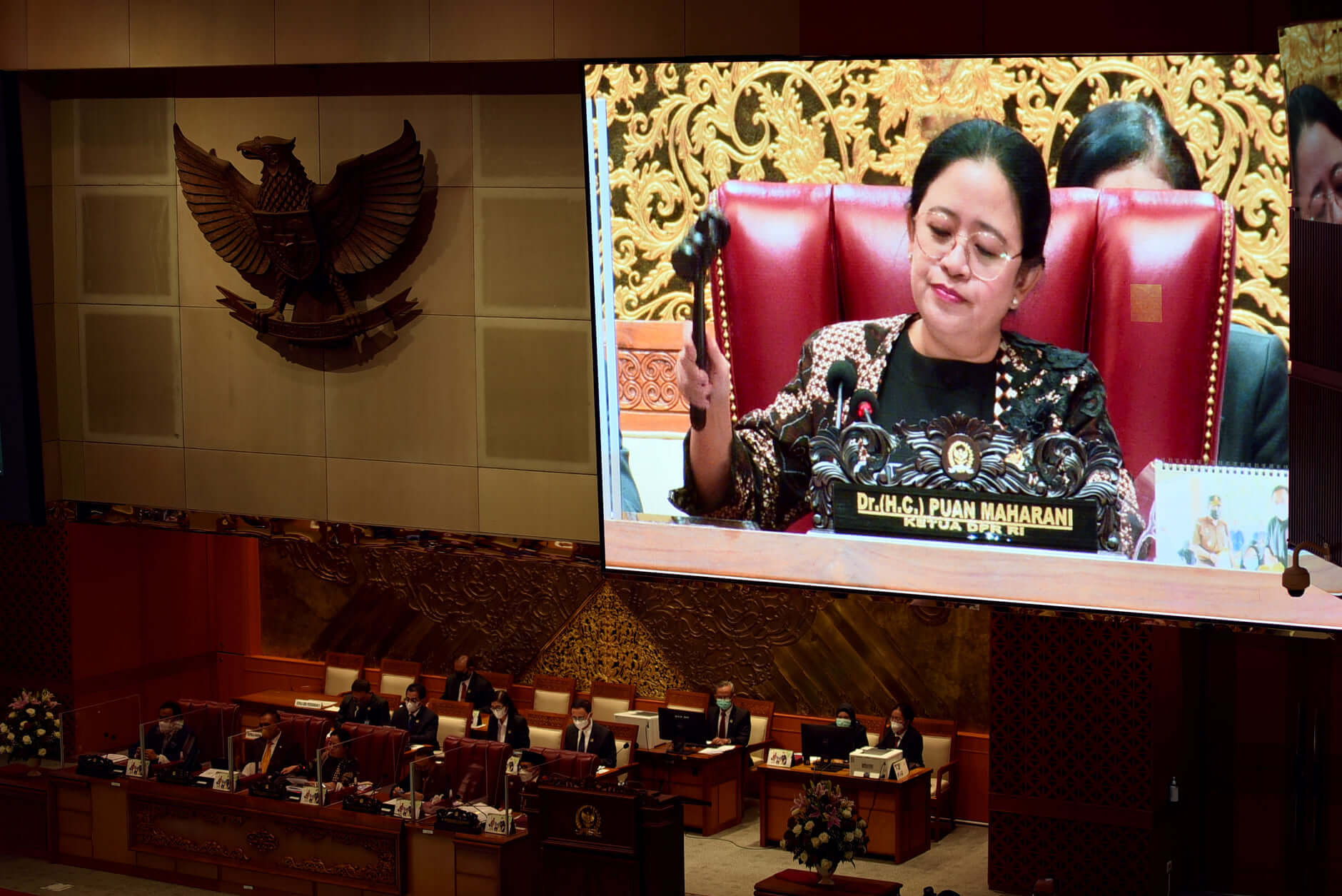Following more than a decade of advocacy by women’s human rights groups, Indonesia’s parliament adopted long-awaited legislation against sexual violence.
On 12 April 2022, Indonesia’s House of Representatives passed the Sexual Violence Bill into law. The International Commission of Jurists (ICJ) welcomes this important law with which Indonesia seeks to fulfill its commitment to the protection of women.
“The ICJ welcomes the adoption of the law, including its comprehensive and wide-ranging definition of sexual violence in Article 1(1), which caters for the inequality of power relations that may exist between differently situated individuals (for example, between supervisor and subordinate), and/or between individuals of different genders. The law seeks to combat sex crimes and provides a legal framework for victims of sexual violence,” said Ruth Panjaitan, ICJ’s Legal Adviser for Indonesia.
In its September 2021 submission to the Committee on the Elimination of Discrimination against Women (the CEDAW Committee), the ICJ had urged the Indonesian authorities to adopt the Sexual Violence Bill in order to uphold Indonesia’s obligations under the Convention on the Elimination of all Forms of Discrimination against Women (CEDAW) and other international human rights law and standards. The ICJ notes that the Indonesian authorities took up the CEDAW Committee’s recommendation in 2021 to expedite the adoption of the sexual violence bill following the Committee’s review of Indonesia’s record of implementation of the Convention.
The ICJ fully supports the call by Komnas Perempuan (Indonesia’s National Commission on Violence Against Women) for the law’s speedy implementation, including the formulation of secondary legislation in the form of regulations under primary legislation, as well as the necessary amendment of other laws and policies, including the Penal Code, in order to bring these in line with the new law. With respect to this, the ICJ reiterates its previously expressed criticism of the Indonesian Penal Code as currently formulated as it discriminates against women, particularly on matters regarding “adultery” and “cohabitation”.
The ICJ notes that Article 1(18) of the law stipulates that a court can compel convicted abusers to pay compensation to their victims. The law also obliges all law enforcement officials who handle cases of sexual violence to:
1) have knowledge and expertise regarding the handling of victims from a human rights and gender perspective
2) have attended training related to the handling of cases of sexual violence.
It is fitting that the law was passed by the Indonesian House of Representatives and chaired by Speaker, Puan Maharani, who is the first woman to hold this position. Ms Maharani has long advocated for the Sexual Violence Bill to be passed. Many people consider the passing the legislation as a significant measure in combatting violence against women ahead of Kartini Day, on 21 April, also referred to as Women Emancipation Day, commemorating Raden Ajeng Kartini, a national heroine of Indonesia and a prominent feminist activist.
Contact:
Ruth Panjaitan, ICJ Legal Adviser for Indonesia, e: ruthstephani.panjaitan@icj.org, m: +6287881511639
Download:




